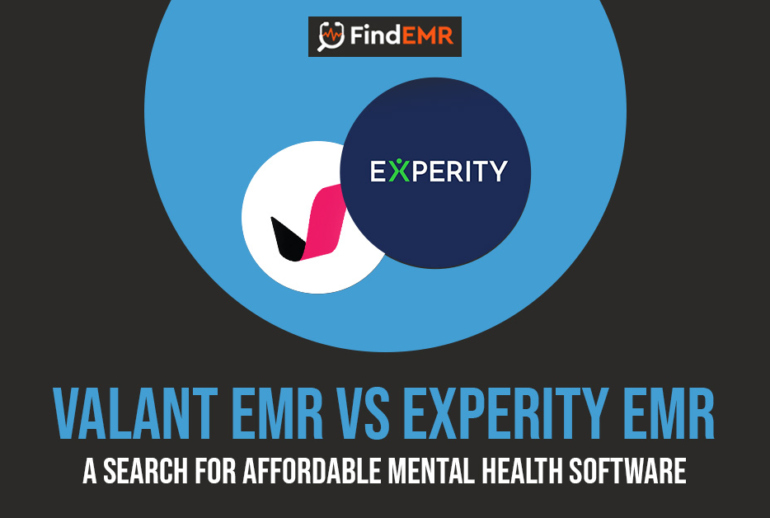Medical insurance is a vital necessity for everyone, including students. Though many students are covered under their parent’s plan, others must find their own coverage. In terms of medical insurance, students have a few options, and the right choice will depend on the individual’s needs and budget. Students should carefully research their options and choose the plan that is best for them.
Yes, a student can get medical insurance
The most common way students get health insurance is through their parents’ plans. A student under 26 years old can usually be covered under their parents’ insurance. However, some students might not have this choice because they are not financially dependent on their parents or because their parents do not have insurance. In these cases, the student must find their medical insurance.
Students have access to a variety of medical insurance options
The most common type is a health insurance policy. A health insurance policy agreement between an individual or group and an insurance company covers the insured person’s medical costs. Health insurance policies typically have a monthly premium, the amount the insured person pays to the insurance company each month, and a deductible. It is the amount that the insured person must pay out of pocket first before the insurance company begins paying for their medical expenses.
Another option for students is to enroll in a student health insurance plan. Many colleges and universities offer these plans to their students. Student health insurance plans are usually less expensive than traditional ones because they are explicitly designed for students, who generally have fewer medical needs than older adults. These plans often have lower deductibles and higher coverage limits than traditional health insurance plans.
Some students may be eligible for government-sponsored health insurance programs, such as Medicaid or the Children’s Health Insurance Program (CHIP). These programs provide low-income people and families with free or low-cost health insurance. A student must meet specific income requirements to qualify for Medicaid or CHIP.
When picking a medical insurance plan, there are several factors to consider
First, decide what type of coverage you need. Do you need comprehensive coverage to pay for your medical expenses, or would you prefer a less expensive plan with a higher deductible? Second, assess how much you can afford to spend on premiums and deductibles. Be sure to shop around and compare rates from different insurance companies. Finally, make sure that the plan you choose covers the type of care you need. For example, if you have a chronic illness, make sure your plan covers your prescription medications.
Selecting the best medical insurance plan can be challenging, but it is critical to research and select the top option for you and your budget. Many resources help you understand your options and make the best decision for your needs.
A student with a disability how to sign up for Medicare
Here are a few things to know about signing up for Medicare as a student if you have a disability. The procedure differs from other students, and a few additional rules apply.
First, you must meet specific criteria to be eligible for Medicare. Applicants must be below the age of 65, have a disability that has lasted or is projected to continue at least one year, and be US citizens or permanent residents.
If you meet these criteria, you can sign up for Medicare by visiting your local Social Security office or calling 1-800-772-1213. You must give proof of your disability, such as a doctor’s note or an official document from the Social Security Administration.
Once enrolled in Medicare, you will be responsible for paying a monthly premium. The amount of your premium will depend on your income and the type of coverage you choose. You will also be responsible for meeting your deductible, which you must pay out-of-pocket before your insurance coverage kicks in.
A student should always read the fine print before signing up for any insurance policy
Before signing up for any insurance policy, students need to read the fine print and understand the terms of the policy. For example, students should know how much their deductibles will be and what services are covered by their insurance policy. Additionally, it is essential to know what the cancellation policies are for the insurance policy. By reading the fine print, students can avoid surprises down the road and be sure they are getting the coverage they need.
What is the best way to find affordable medical insurance?
Students can use many online tools to compare medical insurance rates. By inputting their zip code, students can see a list of available plans and compare prices. Additionally, many of these comparison tools also provide information about each plan’s coverage levels and deductible amounts. This information can be beneficial in choosing the right medical insurance plan for a student’s needs.
All students need medical insurance, but those with pre-existing diseases or who engage in risky activities may need it. There are several ways to lower medical insurance prices, but the best approach to finding reasonably priced insurance is through an internet comparison tool.


